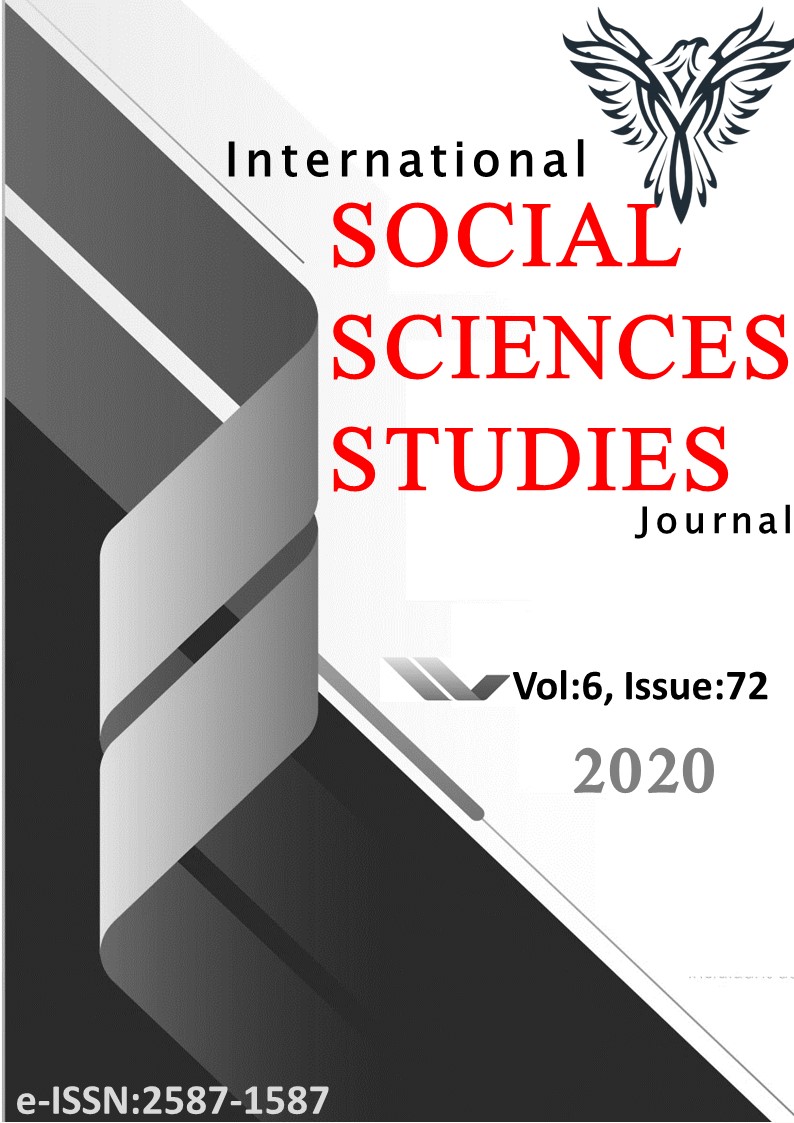Author :
Abstract
Bu makale, katılım ve Dünya Bankası (WB) ile ilgili bir dizi içeriğe dayanmaktadır. Birincisi, genel düzeyde, 1980'den günümüze kalkınmaya katılımla ilgili DB düşüncesinin yörüngesinin izini sürüyor. İkinci olarak, düşüncenin şekillendiği çerçeve parçalandı - yani 2004 Dünya Kalkınma Raporunda sunulan Hizmet Sunumu Çerçevesi (MPS). Üçüncüsü, MPS'ye entegre kavramları teşvik eden Dünya Bankası'nın eğitim sektöründe yürüttüğü çalışmalara değinilmiştir. Dünya Bankası teorileştirmede daha aktif ve katılım fikrini uygulamada daha başarılı olduğu için eğitim sektörüne odaklanmak çok önemlidir. Makalenin gösterdiği gibi, ademi merkeziyetçiliğe özel bir yaklaşım, Dünya Bankası'nın katılım anlayışında ilerleme biçiminde ve hem genel olarak hem de uygulama açısından pratikte katılımın gerçekleştirilmesine dayanma biçiminde temeldir. eğitim yönetimi ile ilgili. Son olarak makale, Dünya Bankası tarafından desteklenen ademi merkeziyetçilik projelerinin sonuçlarını, bunların tanıtımı için geliştirilen teoriler ışığında incelenmiş ve tartışılmıştır.
Keywords
Abstract
This essay is based on a series of contents related to participation and the World Bank (WB). First, at a general level, it traces the trajectory of WB thinking related to participation in development from 1980 to the present. Second, the framework within which the thought has taken shape is broken down - that is, the Framework for Service Delivery (MPS) presented in the 2004 World Development Report. Third, the work carried out by the World Bank in the education sector that has promoted the concepts integrated in the MPS is addressed. Focusing on the education sector is essential, as the World Bank has been more active in theorizing and more successful in implementing its idea of participation. As the essay shows, a particular approach to decentralization is fundamental in the way in which the World Bank advances in its conception of participation and in the way in which it relies on the realization of participation in practice, both in general and in terms of practice. regarding the governance of education. Finally, the essay examines and discusses the results of the education decentralization projects supported by the World Bank, in the light of the theory developed for their promotion.
